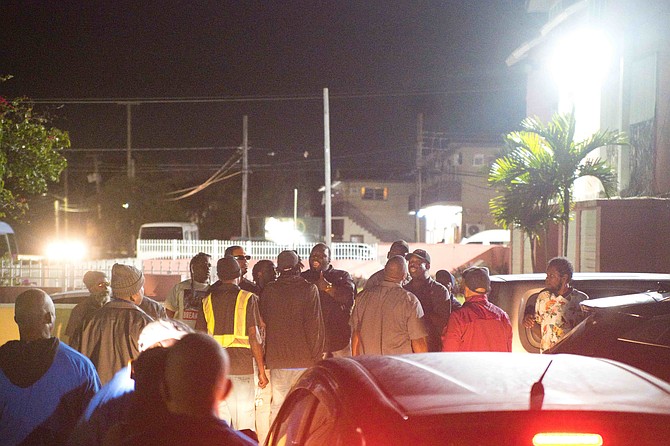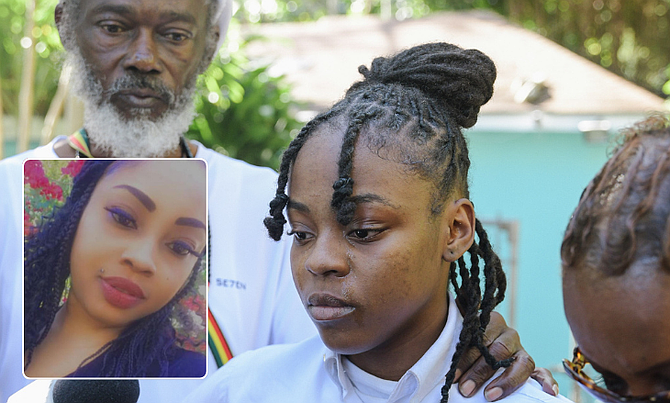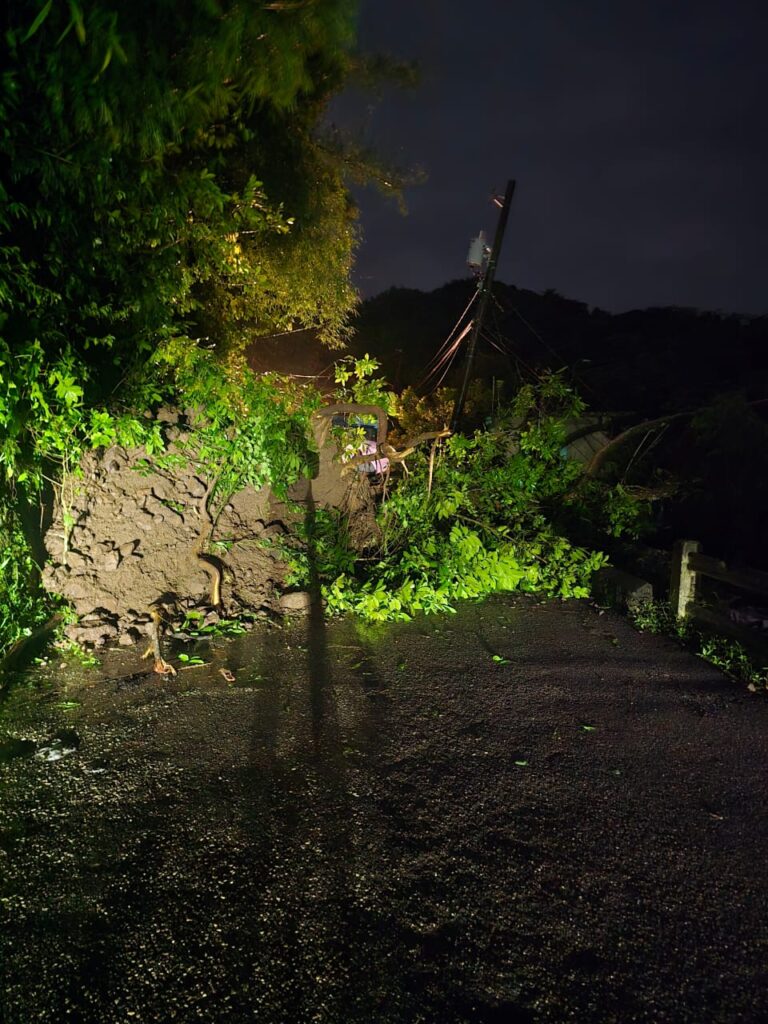Authorities in St. Elizabeth, Jamaica have intensified their investigations into multiple homicide cases by publicly identifying six individuals as persons of interest. The St. Elizabeth Police Division has issued a formal directive for these individuals to present themselves at the Black River Police Station before the 5:00 pm deadline on Tuesday.
The list comprises several suspects connected to separate violent incidents that occurred between December 2025 and January 2026. Among those sought is Shane Brown from New Town, Black River, who is wanted for questioning regarding the murder of Basil Bruce on January 3, 2026, at Zinna Way in the New Town Housing Scheme.
Another individual, known only by the alias “Fido” from Rice Piece District, is being sought in connection with the fatal shooting of Darrieo Smith on December 26, 2025, at Cuffies Pen in Lacovia. The police are also searching for Andre Blackwood, alternatively called “Squit Squit” from Dry Cave Road, Siloah, who faces charges related to assault at common law and illegal weapon possession dating back to August 2025.
Additionally, Ashaune Wint, who goes by the moniker “Not Nice,” has been named in connection with the murder of Albert Smith on January 2, 2026, at Crawford Main Road in Black River. Two more individuals—Johnoi Linton (alias “Bad Oil”) and Michael McNeish (known as “Johnny” or “Busha”)—both from New Town, Black River, are also sought for questioning regarding the Bruce murder case.
Law enforcement officials emphasize that these individuals should report directly to the Black River Criminal Investigations Branch. The public appeal underscores the police department’s commitment to resolving these serious crimes through community cooperation and investigative diligence.









